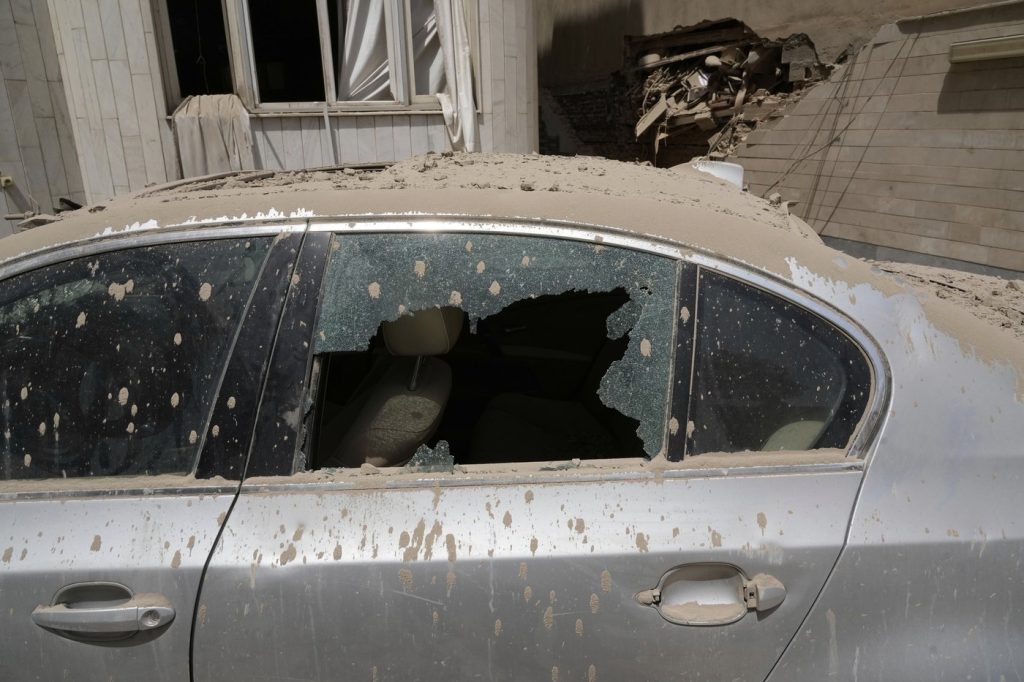Arash Ghaderi, a 35-year-old PhD student at the University of Alberta, recalls a harrowing moment when his wife woke him up in tears to inform him that a war had started. He and his wife had traveled to Iran last month to visit their family when the conflict between Israel and Iran erupted on June 13.
On the very first day of the war, Ghaderi described the terrifying sounds of bombings and low-flying jets, saying it was a horrifying experience for him and his wife, as well as for her family members, including their nieces and nephews. Located in Zanjan, about 300 kilometers northwest of Tehran, the family felt the impact of the conflict profoundly. Ghaderi recounted his struggle to remain composed as he tried to calm his wife, feeling an overwhelming sense of shock and distress.
The conflict began with Israel's attacks on Iranian nuclear facilities and military leaders, leading to Iran's retaliatory strikes. A ceasefire was eventually announced on June 25, following U.S. strikes on key nuclear sites in Iran. The Iranian government reported that 606 people had been killed and over 5,300 wounded in the hostilities, while Israel faced at least 28 fatalities and over 1,000 injuries.
As the war unfolded, the Canadian government urged its citizens in Iran to leave safely, given its limited capacity to provide consular services. Ghaderi and his wife opted for a land border crossing after all flights were canceled. They endured a seven-hour journey in a van to reach Turkey and then traveled for approximately 28 hours by bus to Istanbul, as domestic flights were fully booked. Ghaderi expressed relief and joy upon reaching Canada while simultaneously worrying about his family still in Iran.
Sara Shani, president of the Iranian Students Association at the University of Alberta, reported that around 15 students were stranded in Iran due to the conflict. While flights partially resumed following the ceasefire, they remained limited. Many of the approximately 500 Iranian students at the university faced financial struggles as their families back home experienced economic hardships due to the war, including loss of income and scarce options for money transfers.
Shani highlighted the challenges of contacting family members in Iran during the conflict, as communication was severely hindered by internet shutdowns. The inability to transfer funds exacerbated the financial strain on students, many of whom still have strong emotional ties to their home country.
In a broader context, Iran remains a significant source of international students in Canada, with over 8,000 study permits approved for Iranian students in 2023. Shani, who moved to Canada in 2023 to pursue a master's degree in computer science, noted that many Iranian students are emotionally still connected to their families in Iran.
The Iranian student community in Canada expressed mixed emotions regarding the Israeli strikes on Islamic Revolutionary Guard Corps leadership. Ali Nejati, president of the Iranian Student Association at Humber College in Toronto, remarked that while there is relief at the weakening of a violent regime, there is also anxiety about the potential consequences of further escalations in the conflict.
This ongoing situation poses profound emotional challenges for those connected to Iran, as a significant number of Iranians living in Canada are grappling with their loved ones' safety and the implications of the conflict on their families back home.











